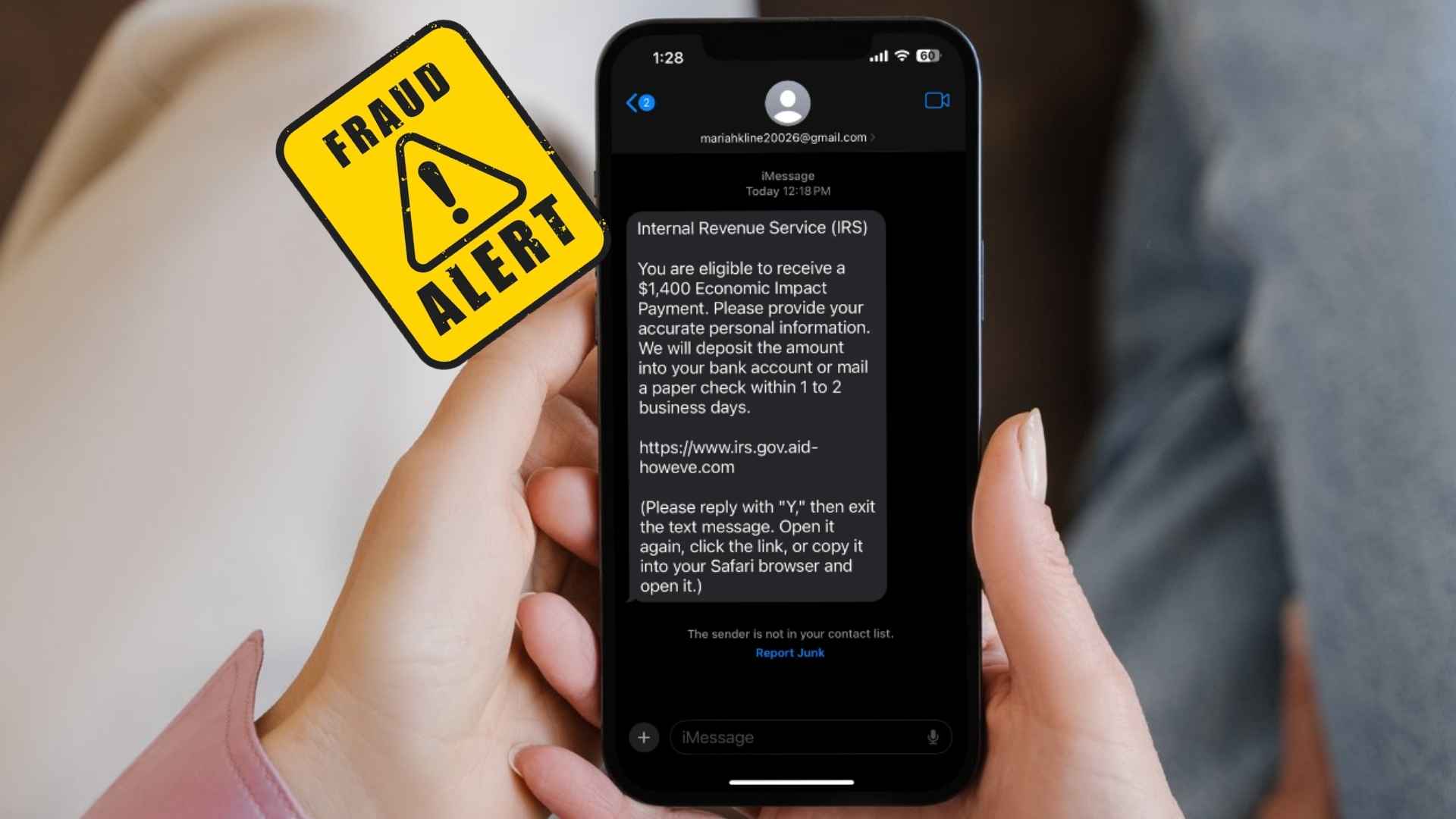Smishing scammers are posing as the IRS and Social Security Administration, stealing personal data through texts, emails, calls, and even letters.
The Social Security Administration (SSA) is urging every beneficiary—and really, anyone who files taxes—to keep their guard up. A surge of slick IRS‑themed scams is sweeping the country, and the agency fears more people could lose Social Security numbers, bank credentials, or refund checks if they click the wrong link.
How the latest SSA warning exposes sophisticated IRS‑related smishing schemes
First things first: what’s different this time? Criminals aren’t just blasting random texts anymore. They spoof caller IDs, copy official logos, and reference real filing deadlines to look downright convincing. One moment you’re told, “Your IRS refund is on hold,” the next you’re staring at a sign‑in screen that looks identical to IRS.gov. Missed a call claiming your Social Security benefit is frozen? That, too, is part of the playbook.
Wondering whether that urgent alert on your phone could be legit? The SSA says a genuine IRS notice still starts the old‑fashioned way—with a letter in your mailbox. If the first contact is a text or email demanding immediate payment, it’s a fake. Period. Just so the differences are crystal‑clear, compare the real and the bogus outreach methods below:
| Official contact method | Common scammer tactic |
|---|---|
| Mailed letter on IRS letterhead first | Unsolicited text or email link |
| Option to pay online at IRS.gov only | Request for gift cards or crypto |
| 800‑829‑1040 phone callback numbers | Spoofed caller ID shows “IRS” |
The table highlights why slowing down—and double‑checking URLs—matters more than ever.
Steps every Social Security recipient should take to stay secure
Before you hit delete, ask yourself: Could this hurt me if it’s real? When the answer is “maybe,” the SSA recommends three quick moves:
- Do not tap links or open attachments in any unexpected tax or benefit message.
- Use official portals—type IRS.gov or SSA.gov directly into your browser.
- Report the scam by forwarding texts to 7726 and emailing phishing@irs.gov.
After taking those steps, call the SSA’s Fraud Hotline (800‑269‑0271) or the IRS’s Identity Protection line (800‑908‑4490) to verify your account status. No fines, arrests, or benefit freezes can occur without mailed notice and a formal appeal window, so breathe easy while you check.
Smishing attacks work because they look urgent and authentic. Yet the safeguards are simple: slow down, verify, and share these tips with relatives who might click first and think later. Staying skeptical could save your refund—and your retirement check.

